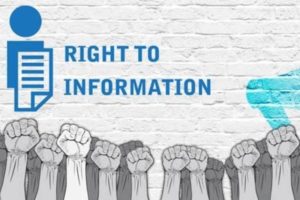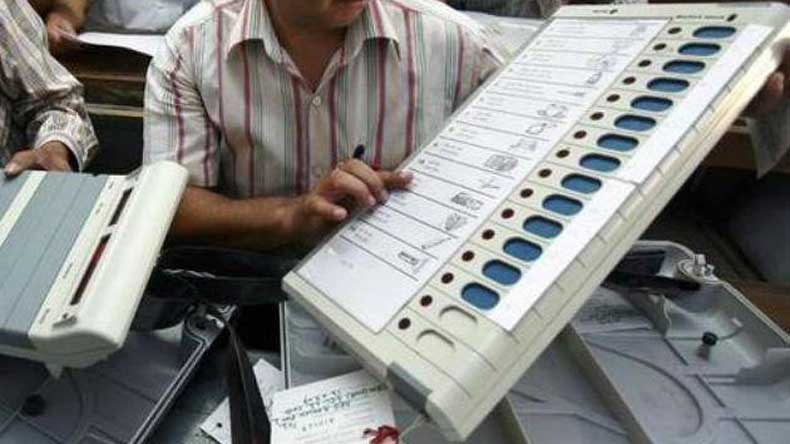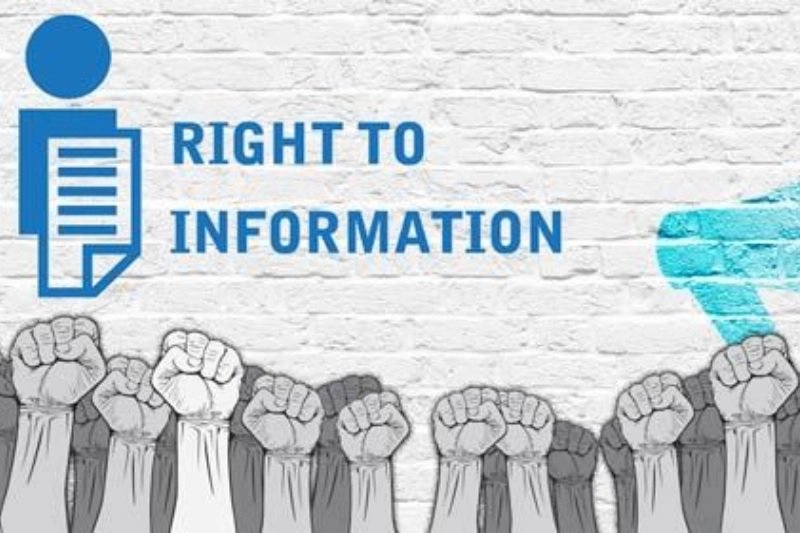
EC Responds To RTI Query, Says It Does Not Have “Material Information” On Number Of EVMs For Simultaneous Polls
New Delhi: Responding to a query filed under the Right to Information or RTI law, the Election Commission replied that it does not have any “material information” over the total number of electronic voting machines and vote-verifiable paper audit trail needed to conduct simultaneous elections.

The Election Commission was approached by Pune-based Vihar Durve, through his RTI application, to know the availability and need of EVMs and VVPAT devices to carry out elections across the country under “one nation, one poll” mode.
In the reply, EC undersecretary Madhusudan Gupta said, “The information sought by you is not available in any material form as mentioned under Section 2 (f) of the Right to Information Act.”

The section specifically defines information as “any material in any form, including records, documents, emails… held in any electronic form and information relating to any private body which can be accessed by a public authority under any other law for the time being in force”.
The Election Commission officials had said in their discussions regarding holding simultaneous elections in the country, that they would require a total of Rs. 4,500 crore to make the purchase of some 12 lakh additional EVMs and an equal number VVPAT machines.
The cost estimate was based on the current cost to make the purchase of those devices.
On August 13, BJP president Amit Shah had written to the Law Commission that simultaneous elections must be held for both the Lok Sabha and assembly polls. But contrary to that, the Law Commission had recommended in a paper, holding of the Lok Sabha and assembly polls in two phases beginning in the year 2019.
Various parties seems to be divided over the issue. Parties like Shiromani Akali Dal, Samajwadi Party, AIADMK and the Telangana Rashtra Samiti have supported it.
On the other side, parties like Congress, Trinamool Congress, DMK, Telugu Desam Party, Aam Aadmi Party, Left parties and the JDS have opposed the proposal.
“On the issue of ‘one nation, one poll’, the Election Commission had given inputs and suggestions in 2015 itself… Other requirements of additional police force, polling personnel would also be needed,” Chief Election Commissioner OP Rawat had said.
But according to experts, holding simultaneous elections will incur great costs on the procurement of various instruments and stationary. Apart from that, it would make the whole procedure more complex for the Election Commission to carry on their duty.
You May Also Read: Analysis Report Over Top 100 Bank Frauds Completed, Shared With ED & CBI: Central Vigilance Commission